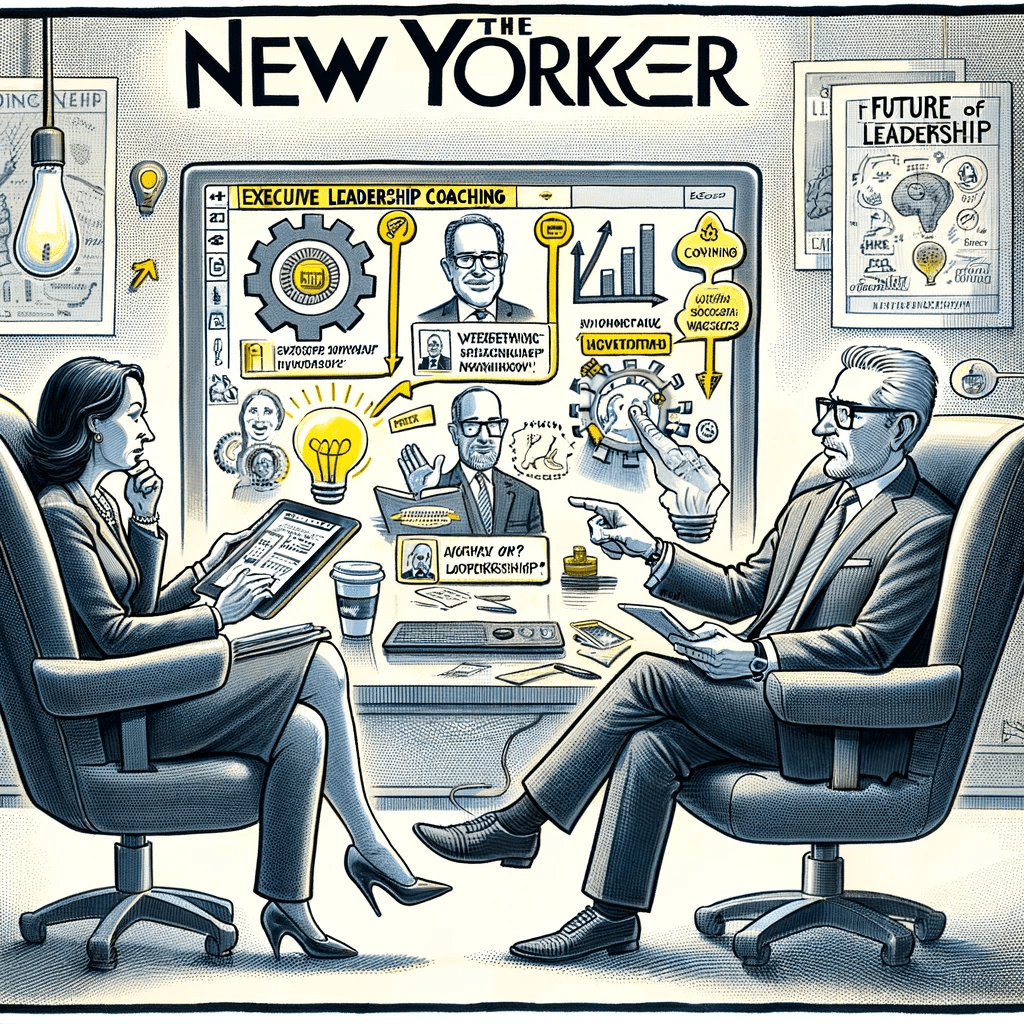
Innovative Strategies in Executive and Leadership Coaching: Shaping the Future of Professional Growth
The Evolving Landscape of Executive and Leadership Coaching
Executive and leadership coaching has undergone a remarkable transformation, evolving rapidly to meet the diverse and dynamic needs of today’s professionals. This evolution, richly informed by established helping professions, is marked by innovative approaches and methodologies. As Michael Abravanel and James Gavin from Concordia University highlight, coaching has adapted and grown, drawing upon a wealth of theoretical paradigms and techniques from various disciplines. This fusion of ideas and practices has positioned executive and leadership coaching at the forefront of personal and professional development.
The Philosophy of Executive and Leadership Coaching: A Blend of Innovation and Tradition
At the core of executive and leadership coaching lies a philosophy deeply rooted in humanistic and positive psychology. This philosophy emphasizes the growth and potential of individuals, aligning closely with the values and beliefs of these psychological disciplines. Coaches, much like therapists, rely on essential skills such as active listening, powerful questioning, and feedback to guide their clients. However, the application of these skills in coaching is distinct, focusing predominantly on future goals, creativity, and action.
Integrative Approaches: Broadening the Coaching Horizon
Coaching’s innovative spirit is further evident in its eclectic approach. Coaches draw from a broad spectrum of disciplines, ranging from psychology and counseling to management sciences and leadership studies. This integrative approach allows coaches to tailor their methods to the specific needs of their clients, offering a versatile and comprehensive toolkit for professional growth.
Techniques and Methods: Pioneering Client Growth
The techniques used in executive and leadership coaching are a testament to its innovative nature. Coaches emphasize goal setting and action planning, distinguishing their approach from more traditional therapies. This focus on goal achievement and personal development is at the heart of coaching, offering a unique pathway for individuals to realize their full potential.
The Role of Technology and Flexibility in Coaching
One of the most radical innovations in coaching is its embrace of technology and flexible methods of delivery. Unlike traditional therapies, coaching has adapted to the modern world, utilizing platforms such as Skype, email, and telephone. This flexibility not only broadens the reach of coaching but also caters to the diverse needs and schedules of professionals.
Executive and Leadership Coaching as a Distinct and Innovative Field
Executive and leadership coaching stands out as a distinct and innovative field within the helping professions. Its foundation in humanistic and positive psychology, combined with an eclectic and adaptable approach, positions coaching as a dynamic and forward-thinking discipline. Coaches are not just facilitators of change; they are pioneers in a field that continually pushes the boundaries of professional development.
A Call to Action for Executive Coaches
In light of these insights, executive coaches are encouraged to leverage the unique aspects of their practice. Embracing the innovative techniques and methods of coaching can significantly enhance the effectiveness and impact of their work. For professionals seeking to advance their careers, partnering with an executive coach can be a transformative step towards achieving their goals.
For those interested in exploring the power of executive and leadership coaching, CO2 Coaching offers a comprehensive range of services tailored to meet your professional development needs. Reach out to schedule a meeting and embark on a journey of growth and innovation. To schedule time with the Managing Partner click SCHEDULE.



